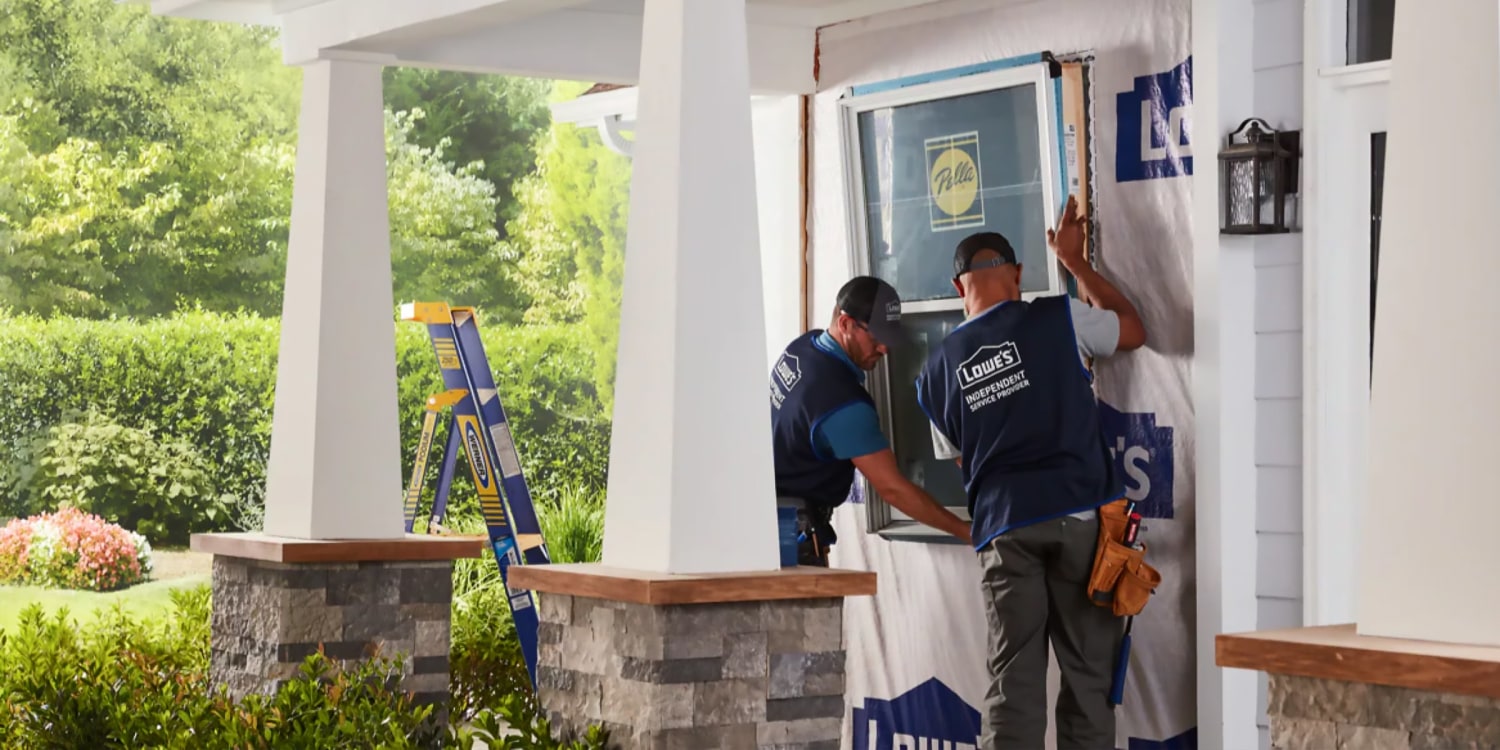The Ultimate Guide to Shopping for Replacement Windows: Enhancing Your Home’s Comfort and Efficiency
When it comes to home improvement, replacing windows is a significant investment that can yield substantial benefits. Whether you’re looking to upgrade your home’s aesthetics, enhance energy efficiency, or reduce noise levels, finding the right windows is crucial.
Essential Factors to Consider When Shopping for Windows
1. Frame Material
The frame material plays a vital role in the durability, energy efficiency, and appearance of your windows.
* Vinyl: Highly energy-efficient, water-resistant, and affordable, but offers limited design and color options.
* Wood: Provides a traditional aesthetic, can be painted in any color, but requires ongoing maintenance to prevent rot and warping.
* Fiberglass: Extremely robust, with excellent insulation properties, but more expensive than wood or vinyl.
2. Glazing
The type of glass used in your windows affects factors such as energy efficiency, noise transmission, and UV protection.
* Low-E Glass: Ideal for areas with extreme temperatures, it reduces heat transfer and improves energy efficiency.
* Insulated Glass: Minimizes noise transmission by providing an insulating barrier between the glass panes.
* Laminated Glass: Cost-effective and shatter-resistant, preventing the glass from breaking into small pieces.
* Tempered Glass: Impact-resistant, breaking into smaller, less dangerous pieces if shattered.
3. Home Design and Aesthetics
The style and design of your windows should complement the overall architecture of your home.
* Casement Windows: Open fully outwards, providing excellent ventilation and a modern look.
* Awning Windows: Hinged at the top, they offer privacy and ventilation even in rainy conditions.
* Bay Windows: Extend beyond the wall, creating a spacious and light-filled area.
* Sliding Windows: Easy to operate and space-efficient, ideal for kitchens and basements.
4. Maintenance Requirements
Proper maintenance is essential for the longevity of your windows.
* Vinyl and fiberglass windows require minimal maintenance, focusing on keeping them clean.
* Wood windows may need sealing or painting if exposed to moisture or harsh weather conditions.
5. Safety and Security
Safety should be a top priority when choosing windows, especially if you live in a low-level area or have concerns about intruders.
* Awning windows provide enhanced privacy and make it difficult to see inside your home.
* Impact-resistant windows are designed to withstand strong impacts, further improving safety.
6. Warranties
Comprehensive warranties provide peace of mind and protect your investment.
* Window warranties typically cover defects in the frame, sash, glass, and hardware.
* Professional installation by certified contractors may offer additional warranties covering installation defects.
7. Local Regulations
Building codes and regulations may impose restrictions on the types of windows you can install.
* Some areas require windows to meet specific energy efficiency standards.
* Specific window colors and types may not be allowed in certain communities with Homeowners Associations (HOAs).
Types of Windows for Different Applications
1. Single-Hung Windows:
Affordable and easy to install, featuring a fixed top sash and an operable bottom sash.
2. Double-Hung Windows:
Similar to single-hung windows, but with both top and bottom sashes operable, providing better ventilation and cleaning ease.
3. Sliding Windows:
Space-efficient and easy to operate, with sashes sliding horizontally to the side.
4. Casement Windows:
Provide excellent ventilation and weathertight seals, but lack security features.
5. Awning Windows:
Offer privacy and ventilation in rainy conditions, but are more expensive than other types.
6. Bay Windows:
Enhance curb appeal and provide ample natural light, but are more expensive to install.
Types of Window Glass Options
1. Laminated Glass:
Shatter-resistant and soundproof, ideal for homes in busy or high-crime areas.
2. Tempered Glass:
Impact-resistant and breaks into smaller, less dangerous pieces.
3. Insulated Glass:
Provides excellent insulation by reducing noise transmission and heat transfer.
4. Low-E Glass:
Energy-efficient, allowing natural sunlight to enter while reducing heat transfer.
Frequently Asked Questions
1. Are energy-efficient windows worth it?
Yes, energy-efficient windows can reduce energy costs and qualify you for tax credits. Look for windows with Energy Star labels and low U-factor and SHGC values.
2. How much do replacement windows cost?
Window replacement costs vary, but expect to pay between $400 to $1100 per window. Factors affecting cost include window type, frame material, glass type, and installation.
3. Is DIY window installation a good idea?
While DIY installation may seem appealing to save money, it’s not recommended. Improper installation can compromise the effectiveness of new windows and potentially cause damage. Hire a certified professional to ensure proper installation and warranty coverage.



